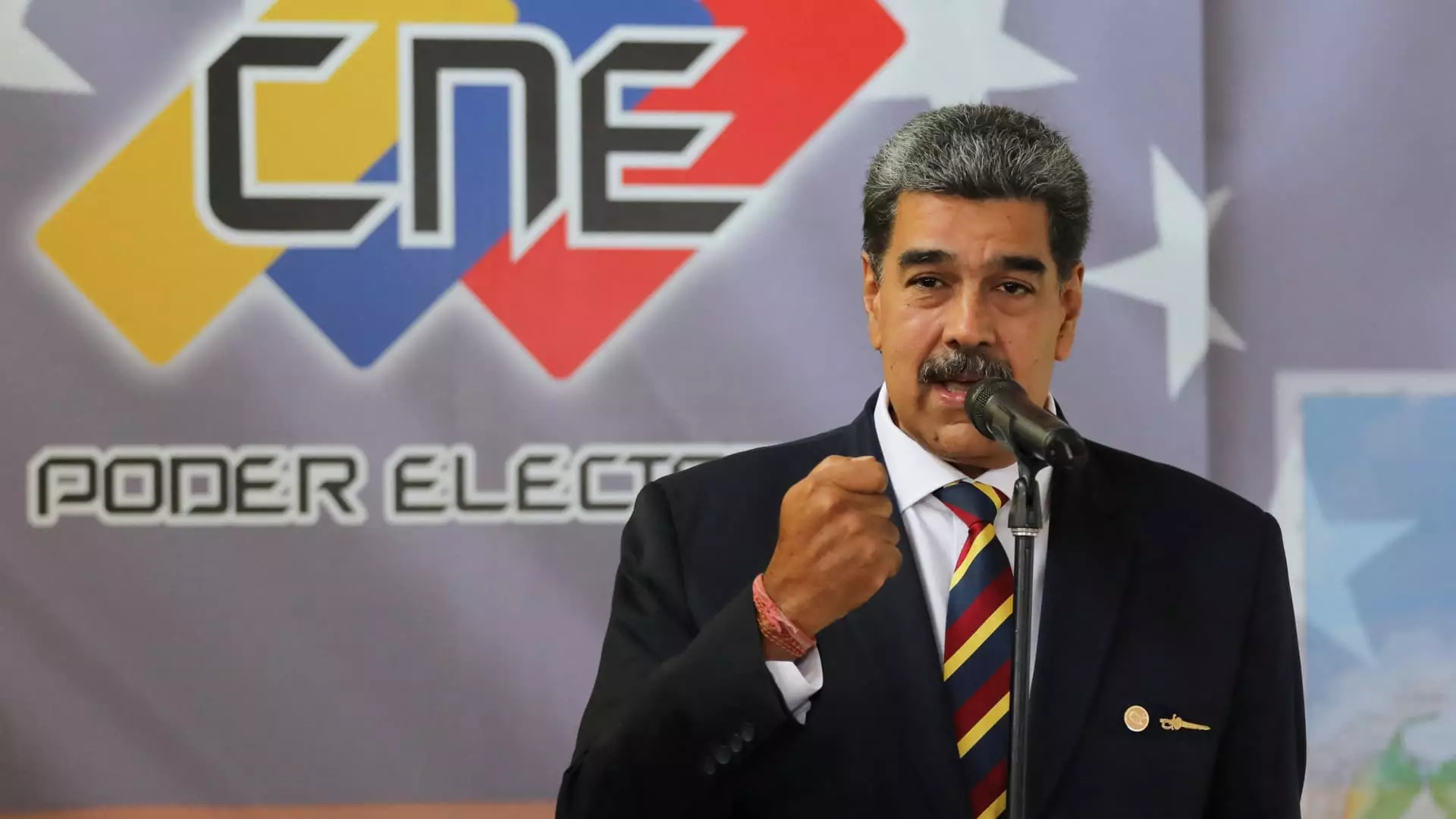In a surprising move, contested Venezuelan President Nicolas Maduro ordered a 10-day ban on the social networking platform X, cutting off locals’ access to the site. The ban came after a feud with Elon Musk, the owner of the platform. Maduro, in a speech translated by CNBC, stated that he signed a decree instructing the Venezuelan telecommunications regulator to block X. He accused Musk of violating all the rules of the social network Twitter, which is now known as X. The President claimed that Musk had incited hatred, fascism, civil war, death, and confrontations among Venezuelans, which are clear violations of the laws of Venezuela.
Following Maduro’s order, the National Commission of Telecommunications (Conatel) confirmed that X is now restricted in Venezuela. Internet monitoring firm NetBlocks verified this by showing that several of the country’s internet service providers had cut off access to the site. Some providers displayed zero reachability while others showed restricted access. This move by Maduro highlights the extent to which he is willing to go to limit dissent and opposition voices in the country.
Musk’s Response
The feud between Maduro and Musk escalated when Musk accused the Venezuelan President of committing major election fraud. In response, Maduro challenged Musk to a fight, displaying a combative and confrontational attitude towards the technology billionaire. Musk, not one to back down from a challenge, accepted Maduro’s invitation to fight. This exchange of words further underscores the tense political situation in Venezuela following the disputed presidential election in 2024.
Protests erupted in Venezuela after the controversial 2024 presidential election, which was marred by allegations of misconduct and electoral fraud. Both Maduro and his opponent, Edmundo Gonzalez Urrutia, claimed victory in the election, leading to a contentious and disputed outcome. The national electoral authority declared Maduro the winner with 51% of the vote, but this result was met with skepticism by Washington and other foreign governments. The United States, in particular, recognized Gonzalez as the winner of the election, further complicating the already volatile political landscape in Venezuela.
The international community’s response to the situation in Venezuela has been varied. The U.S., which had previously imposed sanctions on the country over election concerns, backed Gonzalez as the legitimate winner of the disputed July vote. This support for Gonzalez further isolates Maduro and adds to the pressure on his administration. The global attention on Venezuela’s political turmoil underscores the importance of upholding democratic principles and respecting the will of the people in any electoral process.
The ban on X and the feud between Maduro and Musk are just the latest developments in Venezuela’s ongoing political crisis. As the country grapples with issues of corruption, electoral fraud, and suppression of dissent, it is clear that the road to stability and democracy will be long and challenging. However, with the support of the international community and the resilience of the Venezuelan people, there is hope that a peaceful and democratic resolution can be achieved in the near future.


Leave a Reply